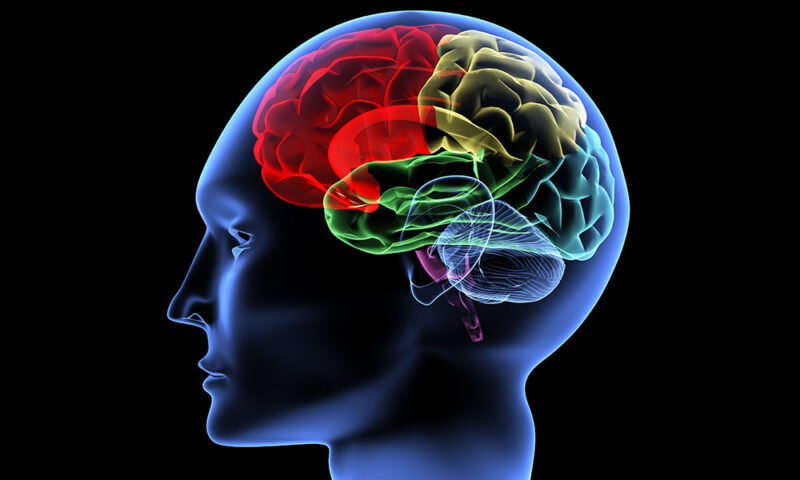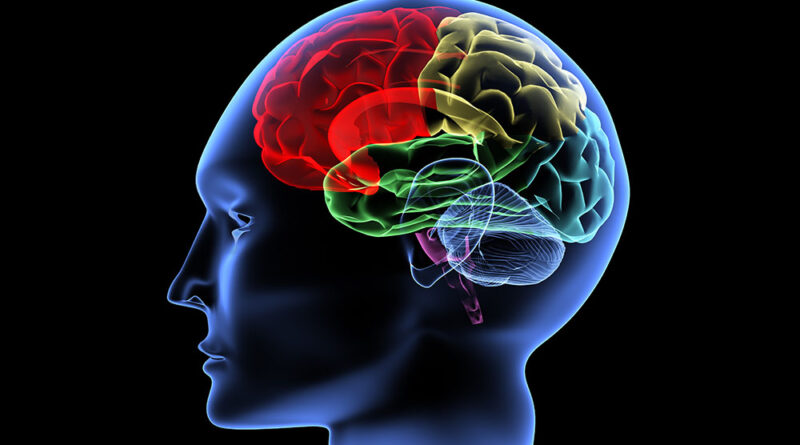The Arnsten Lab at Yale Receives Grant From The NeuroNex Program To Study Working Memory
Every thought about how working memory really works? How do we hold thoughts in our brain without any stimulation? Well, the Yale Lab, together with 16 other labs across the country seeks to figure out the answers to those questions.
The Next Generation Networks for Neuroscience, or NeuroNex, is a National Science Foundation initiative that
aims to capitalize on current technology to solve persisting questions in neuroscience. The grant will award over $50 million over the next five years to four different projects studying various aspects of brain evolution.”
Amy Arnsten, who is a professor of neuroscience and psychology at Yale, was the person who organized the grant application:
which involves labs across the world and aims to iron out how the brain develops connections that allow it to represent information without having sensory stimulation.”
This type of project could inform us all about so many brain-related activities that we don’t currently understand surrounding memory and could change the way we understand the way it works.

Here’s what Professor Arnstein had to say about this initiative:
Usually, the way research happens is you have one grant for one lab, and you are very much siloed in your own thinking and results. It is really wonderful and relatively rare when you have the opportunity to work with people who have different perspectives and approaches.
Julio Martinez-Trujillo, a professor at the Robarts Research Institute at Western University in Ontario who helped Professor Arnstein to organize this grant application and get all the labs together also spoke on the initiative:
Working memory is the ability to represent things in the mind without [them] being in front of you. This relates strongly to [neurological] syndromes because one of the issues you see in, for example, Alzheimer’s and schizophrenia, is that the ability to remember and keep [things] in their mind for a few seconds degrades very quickly.”
Together with Professor Arnstein, Martinez-Trujillo, Fenna Krienen a trainee from a lab at Harvard also spoke on what the lab assistants had been doing to be able to curate this important research and facilitate discussions during the COVID-19 pandemic:
The journal club is foremost a way to discuss the latest research relevant to the project, but I think it will also be an opportunity for us to practice presenting to a scientifically diverse audience.”
All three academics pointed to the difficulty of coordinating such a major project at such a scale, finding the right collaborators for this project as well as working with involved parties in different time-zones. However, there be some benefit to that. Because as Arnstein points out:
the multidisciplinary nature of the team — which includes labs that study behavioral neuroscience to transcriptional profiles and computational models — will allow for more diverse methods and analysis of data.”
Research Grants
Currently, there are over 600 research grants listed on GrantWatch.com. These Research grants encompass life sciences, social science, medical research, agriculture research, STEM literacy research, and more.

